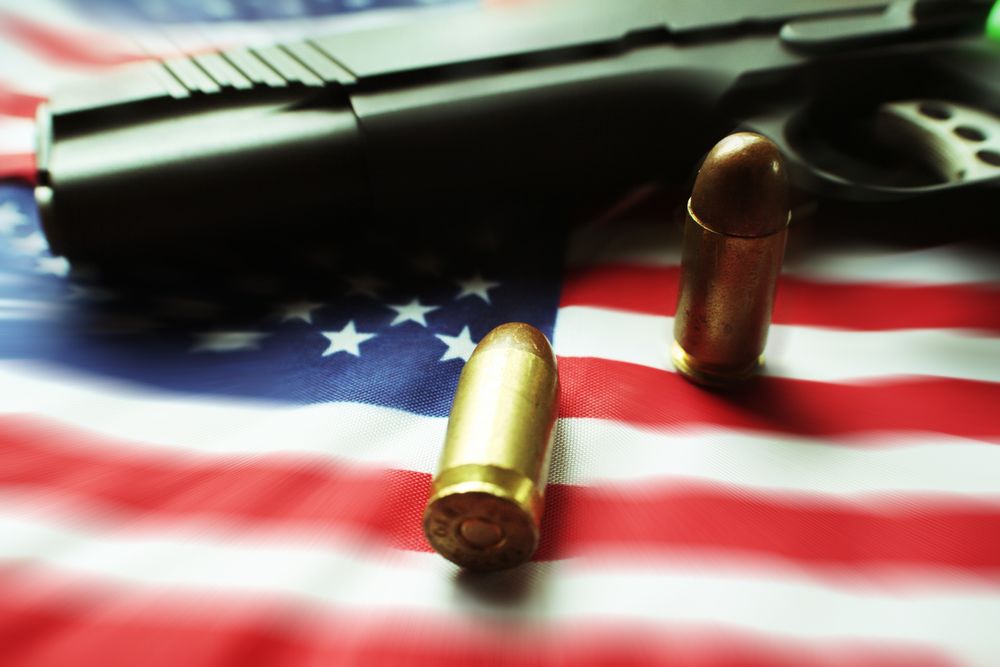
Veterans and Criminal Justice: Possession of Firearms
Over the course of this series spotlighting veterans and criminal justice, we have reviewed the unique relationship between our servicemembers and the criminal justice system. Sadly, many veterans who have fought for our freedom come home only to find that they do not have the resources and support necessary to enjoy their freedom.
Things are more complicated when you examine the relationship between veterans and the ability to possess firearms. Currently and in the past, the VA has reported veterans to the National Instant Criminal Background Check System (NICS) who have been diagnosed with mental illness or who have merely been assigned a fiduciary. Even though the assignment of a fiduciary does not indicate that a veteran poses any risk to others or themselves, they might be stripped of their second amendment rights.
In this blog, we’ll be diving deeper into the complex challenges that arise when veterans seek to utilize their second amendment rights and when they are found possessing firearms.
Veterans and Criminal Justice: Possession of Firearms
PTSD and Firearm Ownership
PTSD disproportionately impacts veterans, and it has also been correlated with higher suicide rates and aggression. Most veterans leave the military with much more firearm experience than the average civilian, but the ownership of weapons can highlight the complex relationship that some veterans have with guns. For example, gun ownership by veterans has been associated with more driving aggression but lower rates of incarceration and suicidal ideation. Gun ownership is also not associated with PTSD symptoms, depression, or arrest history. However, it's important to note that this highlights legal gun ownership, and many veterans find themselves ineligible to obtain a gun legally.
Veterans and Possession of Firearms
18 U.S.C. § 922(d) states that you cannot sell or give firearms and ammunition to someone who “has been adjudicated as a mental defective or has been committed to any mental institution.” Additionally, many states have been acting to implement strict laws that prevent those with mental illness from accessing firearms. In Maryland, someone cannot possess a firearm if:
They have a history of violent behavior and suffer from a mental disorder
They have been found unfit to stand trial because of a mental disorder
They have been found not criminally responsible due to insanity
They have been voluntarily admitted to a mental health facility for longer than 30 consecutive days
They have been involuntarily committed to a mental health facility
Because veterans are disproportionately affected by PTSD and other mental illnesses like depression, they are also at risk of being charged with illegal possession of a firearm. Every veteran deserves representation to protect their second amendment rights or help them find the care that they need instead of further punishing them. Working with the right attorney can make sure that your loved one is on the right path.
Partner with Atkinson Law. We’ll Take Care of You Like Family
At Atkinson Law, we listen to all our clients and protect their interests so they can receive a positive legal outcome. We’ll work with you and give you the best possible recommendation for your future. To learn more about veterans and criminal justice, contact us today by calling (410) 882-9595 or visiting our website.
